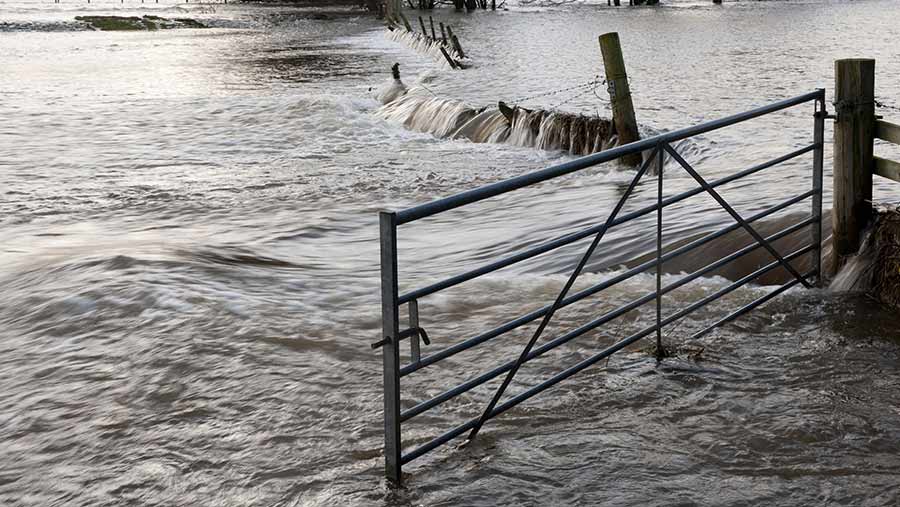
- Select a language for the TTS:
- UK English Female
- UK English Male
- US English Female
- US English Male
- Australian Female
- Australian Male
- Language selected: (auto detect) - EN
Play all audios:
Jeremy Corbyn is the most unpopular Leader of the Opposition in half a century. The public prefers Boris Johnson, Jeremy Hunt or even Nigel Farage, by every measure. Under his leadership,
the Labour Party is now running fourth, on just 17 per cent, its lowest level since modern polling began. So the idea that Corbyn could be Prime Minister is absurd, right? Wrong. It could
quite easily happen — and soon. Here is one possible scenario. Later this month, the Tories as expected choose Boris as their leader. Our currently homeless PM moves gratefully into Downing
Street, with or without Carrie Symonds, and kisses hands with the Queen. So far, so good. But then his troubles begin. A small but vociferous minority of Conservative MPs refuses to support
his preparations for a No Deal Brexit in Parliament. The Government’s precarious majority melts away. Corbyn puts down a no-confidence motion. Boris survives, but only by the slimmest of
margins. The DUP insists that the price of its support is that the Irish backstop must go. Boris promises to deliver. The summer recess is taken up by increasingly frustrating attempts to
engage the EU in negotiations on the Withdrawal Agreement. There is no interlocutor for Boris to talk to in Brussels. Jean-Claude Juncker and Donald Tusk are demob-happy; their successors
are not yet there; Michel Barnier has disbanded his team. In Paris, Emmanuel Macron is icy and the meeting is brief. Angela Merkel is uncontactable, taking a cure for overwork and listening
to Wagner in Bayreuth. There are no concessions on the backstop. Preparations are stepped up for a “disorderly Brexit” on both sides of the Channel. By the time Parliament returns, the polls
are led by the Brexit Party and the Lib Dems. The party conference season offers a brief respite, but tension rises in Westminster as the October 31 deadline approaches. As soon as the
Commons reassembles, Corbyn puts down a new motion of no confidence. The whips do their arithmetic and summon ailing MPs to the House. Boris makes the speech of his life, projecting
confidence and bonhomie. Corbyn, though, has a spring in his step. He, too, delivers a rant that is more rousing than usual. Everyone is braced for the division. And then it happens. Seven
Sinn Fein MPs enter the House of Commons for the first time. They cannot take their seats because there is standing room only, but it is clear that they will vote with the Opposition, led by
their old ally. Frantic objections to the Speaker are brushed aside. The vote is taken. The Government has lost. After a few days of constitutional chaos, a general election follows. In the
middle of the campaign, Britain leaves the European Union without a deal. The EU, perhaps deliberately, refuses all offers of a smooth transition. The period of disruption that follows
lasts only a few weeks, but it is enough to cause chaos in trade and tourism. There are shortages and panic buying. Everyone blames Boris. By the time polling day arrives, the Tories are
lagging behind Labour, only just ahead of the Brexit Party and the Lib Dems. The result — another hung Parliament — is not quite so dramatic, but it leaves Labour as the largest party, with
a wide choice of coalition partners. Corbyn ignores overtures from Jo Swinson’s Lib Dems; he prefers the SNP and Sinn Fein. The Brexit Party has a solid phalanx of more than 40 MPs, who turn
their backs as Corbyn takes his seat as Prime Minister. The Conservatives, who have lost half their seats, announce a new leadership election. This time, however, it is a sideshow. For the
new Labour Government has immediately plunged the country into a crisis that makes Brexit seem like a picnic. Within 24 hours of taking office, Corbyn has imposed exchange controls to stem
the largest flight of capital in history. A siege economy is created. Wholesale nationalisation of the “commanding heights” and penal taxation of “the bourgeoisie” are followed by a deep
recession. A Jewish exodus begins to Israel and the United States. Corbyn’s response is to recognise a State of Palestine and ban Israeli imports. A newly re-elected President Trump declares
that the Special Relationship is over. Corbyn announces that the UK is leaving Nato. Welcome to Fortress Britain. Having run out of credit on the international markets, the Labour
Government begs the IMF for a £500 billion loan. Its new head, George Osborne, tells the Chancellor, John McDonnell, that he will only consider such a request if Corbyn steps down. He
refuses. Within five years, the United Kingdom has been replaced by a People’s Republic, Scotland has seceded and terror has returned to Northern Ireland. So, yes: Jeremy Corbyn can still do
a great deal of damage. It would be an unforgivable error to underestimate him.




